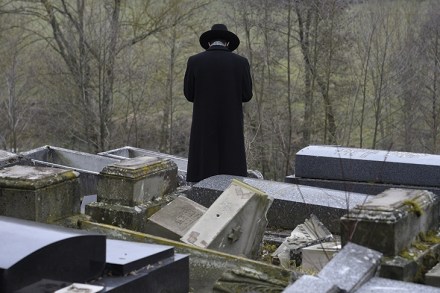Teebee or not Teebee
On the day that Tony Blair left the Commons chamber for the last time (to a standing ovation led by the leader of the opposition) I was moved from Education to Health and, a few days later, was to accompany the new prime minister on his first official engagement — to a hospital in Kingston-upon-Thames. I wandered into the PM’s office next to the Cabinet Room in 10 Downing Street early on that Saturday morning and noticed that something was missing. The sofa had gone. Gordon Brown had wasted no time in differentiating himself from a predecessor to whom the words ‘sofa government’ along with ‘spin’, ‘spads’ and ‘Iraq’ had





















